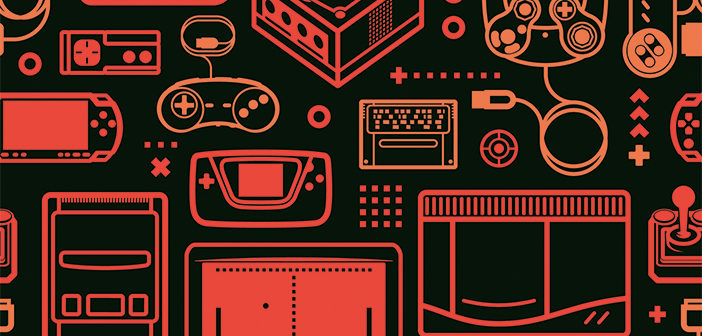Video games, like many other things in life, can obviously be bad for you. Many people become totally addicted to them, and can’t stop playing them. There have been accounts of people who have even died because they spent so long playing games without stopping, and other people who are totally sucked into the virtual world and spend the majority of their time glued to a screen.
However, video games aren’t usually the thing to blame. Quite often, people who spend an extreme amount of time playing video games are just using them as a medium to hide from some sort of issue they are facing, much like drug or alcohol abuse. People who spend many hours playing video games can be suffering from mental illnesses, such as depression, loneliness, or anxiety, and they use video games to distract themselves from their problems.
However, the way mainstream media represent video games is mostly incorrect. Many news outlets have blamed crimes on video games and how they “corrupt” children, but this simply isn’t true and is demonization of video games. Many studies have disproven the theory that video games cause corruption and ruin children’s lives.
So you may be wondering, then how are video games good for you? Video games can be beneficial for you in many ways, if used correctly and in the context of a healthy lifestyle. According to the University of Wisconsin psychologist C. Shawn Green, playing video games changes the brain’s physical structure in the same way as learning to read, or playing the piano. So I would argue that if you use video games correctly then it can have the same benefits as playing the piano or reading a book. Here are just a few examples of areas in which video games can help you: problem solving and logic, hand-eye coordination, and multitasking.
It really depends on which games you play. There are a multitude of game genres; for example in the genre FPS (First Person Shooter) there are many kinds of games. Some have no tactical requirements or strategies, however there are also many other games which are tactically-driven, such as “Tom Clancy’s Rainbow Six Siege.” Games such as this can be beneficial for your brain, because you need to make many split-second decisions.
The brain is a muscle, much like those in your arms or legs, and if you exercise a muscle enough, then it will become stronger. So if you play enough video games, or read enough books or practice whatever it is you want to get good at, then your brain will become faster and stronger and more powerful.
A lot of schools ban video games, and they say that they are harmful for students. However, the misconception that video games make you behave violently or makes you misbehave in school is not entirely true, as evidenced above. On the contrary, I believe that if schools slot in a dedicated time for playing video games, and you need to behave well so that you can play during a specific time, then that could really motivate students. Also, if you allow some amount of gaming inside schools, then it would be easier to identify students who may be addicted or have a problem, so the school can give them the appropriate help.
In my opinion video games aren’t bad for you, and I think the main reason people mislabel video games is because of a lack of understanding. The benefits are misunderstood, and there is a lack of mass education about video games. The majority of people that don’t like video games probably haven’t tried them, because they can be fun and even educational!

This article appeared in the beijingkids July-August 2019 Teen Takeover issue




